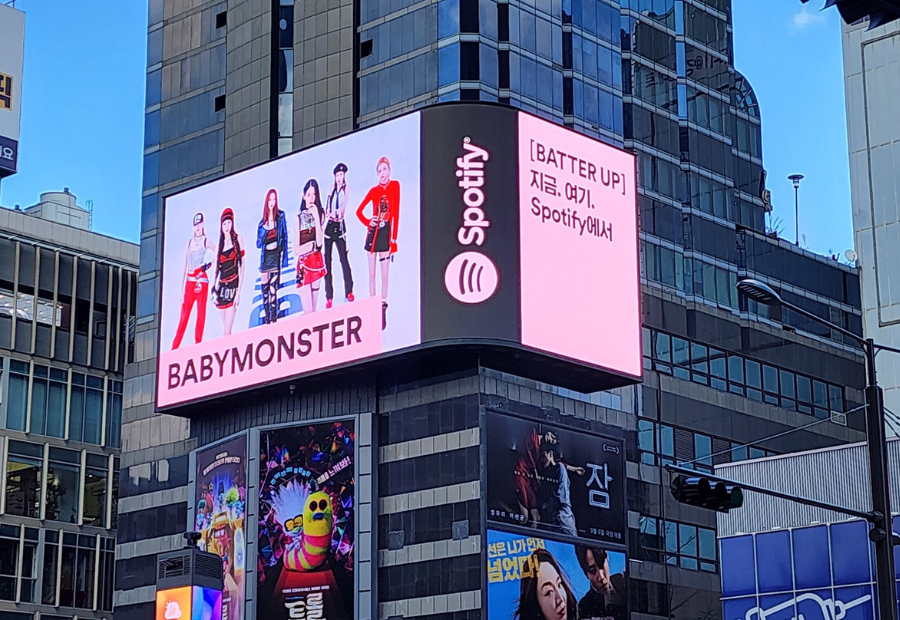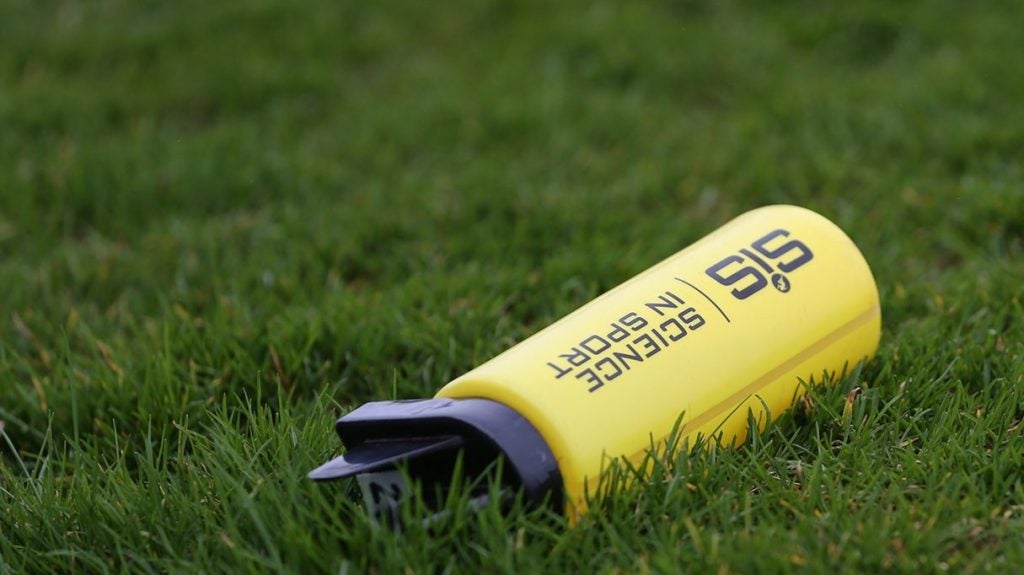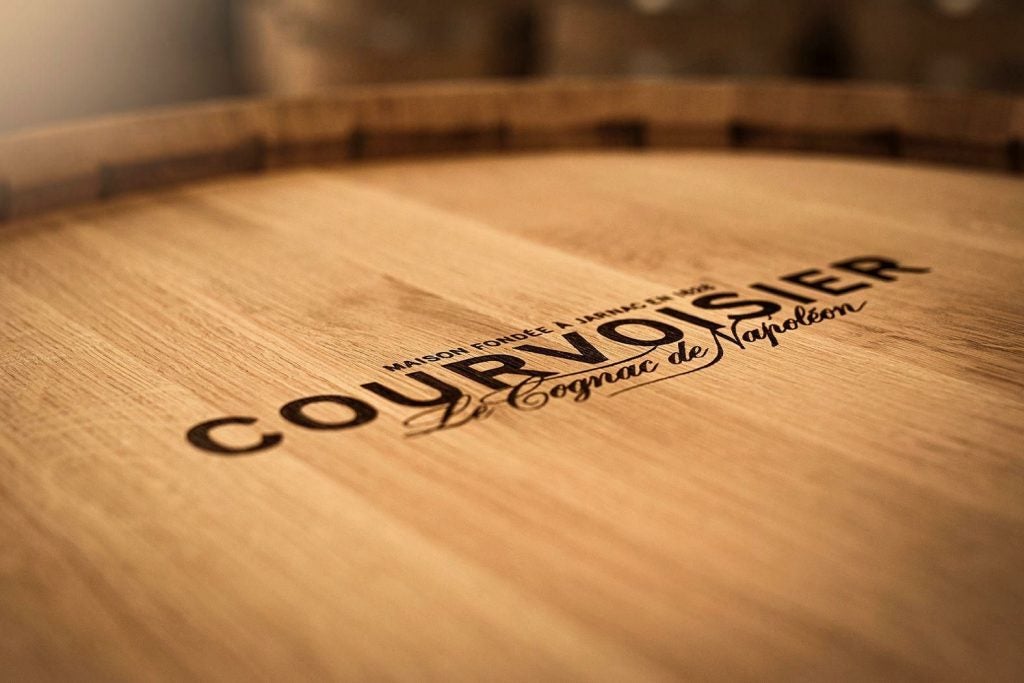Canned is the least favoured type of packaging among Australia’s wine drinkers, according to a study.
Amid the emergence of wine sold in alternatives to glass, consumers in Australia still prefer glass, followed by bag-in-box and flat plastic bottles.
Researchers at the University of South Australia’s Ehrenberg-Bass Institute for Marketing Science surveyed 1,200 drinkers.
“We knew that consumers weren’t buying alternatively packaged wine at the same rate they were buying it bottled, so we wanted to know what we should change to motivate them to choose more sustainable options,” lead researcher Jakob Mesidis said.
Consumer interest in the impact wine production and distribution has on the environment, as well as wine groups’ moves to lower the emissions from their supply chains, has fuelled the development of alternatives to glass.
The academics said alternative formats are up to 51% more carbon efficient than glass. However, Mesidis said Australian consumers are resistant when it comes to buying wine not sold in glass.
“There are some underlying prejudices in relation to alternative wine packages as they are seen as the cheaper, low-quality option when compared to glass bottles, which come with a sense of heritage and luxury,” Mesidis explained.
“Canned wine has seen a rise in popularity but is still a small portion of the market. Flat bottles have only recently been introduced to Australia but have grown in popularity overseas.”
However, he added: “While cans were the least preferred format in our results, it’s important to note that the consumption context for our study was drinking Shiraz at a casual get-together with friends and/or family. What we saw in another component of our research, is that certain pack formats were linked to specific occasions or attributes. Cans, for example, were quite strongly linked to outdoor consumption.”
The study, conducted for the Wolf Blass Foundation, suggested how the wine was packaged was the biggest influence on respondents’ choices. Price was second, while the importance of brand and eco-messaging varied depending on the respondent’s age and how many eco-friendly behaviours they claimed to engage in.
Wine sold in alternatives to glass was typically bought more by younger people, the researchers said. Consumers were found to be more likely to choose alternative packaging when the wines were priced at “a mid-to-low price range and if it comes from a well-known, prestigious brand”, the University said.
“If a smaller, less-known winery’s mission is to grow its brand as much as possible, relying solely on alternatively packaged wines is not the way to go. Most Australians – for the time being – are still going to reach for a glass bottle when they’re at the shops,” Mesidis said.
“Larger, more prestigious brands are likely to see more success with alternatively packaged wine. Ultimately, this research provides wine marketers with a foundation for their low-carbon wine packaging strategies, rather than blindly navigating this relatively new field.















